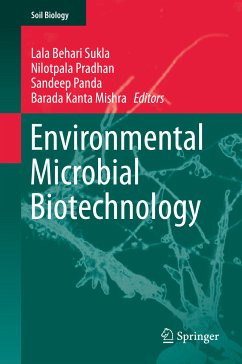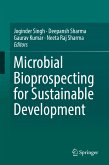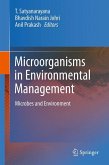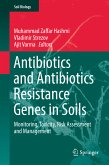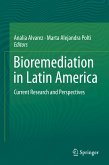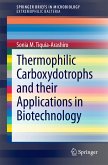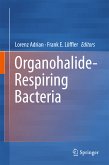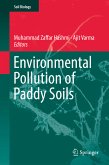Topics covered include: microbe-mineral interactions, biosensors in environmental monitoring, iron-mineral transformation, microbial biosurfactants, bioconversion of cotton gin waste to bioethanol, anaerobe bioleaching, and sulfide oxidation. Further chapters discuss the effects of pollution on microbial diversity, as well as the role of microbes in the bioremediation of abandoned mining areas, industrial and horticultural wastes, wastewater and sites polluted with hydrocarbons, heavy metals, manganese and uranium.
Dieser Download kann aus rechtlichen Gründen nur mit Rechnungsadresse in A, B, BG, CY, CZ, D, DK, EW, E, FIN, F, GR, HR, H, IRL, I, LT, L, LR, M, NL, PL, P, R, S, SLO, SK ausgeliefert werden.

